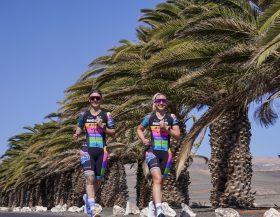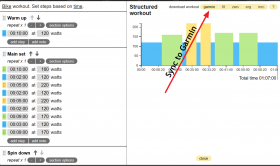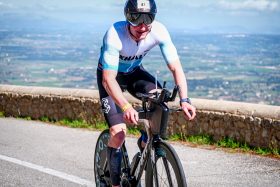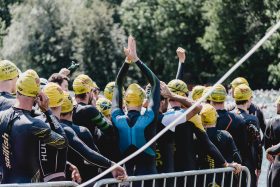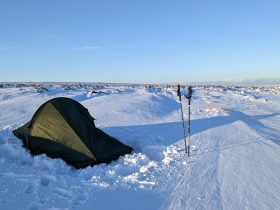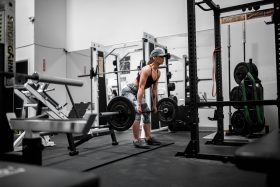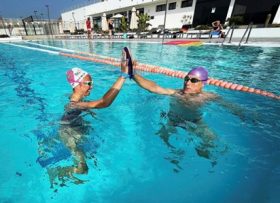It’s winter. The weather is cold, grey, wet and windy and it’s dark by 4pm. Fell running at this time of year just isn’t much fun!
However, what about those blue sky days where the air is cold and crisp? What about those days after it has snowed and the weather has calmed down but it is still cold enough that the snow hasn’t turned to slush? What about those dark nights under a big moon and the lights of the nearest village twinkling in the distance – those are great days to be out on the hills!
In this post Dave Taylor (Fell Running Guide) shares some of his top tips for getting out in the winter weather safely.
